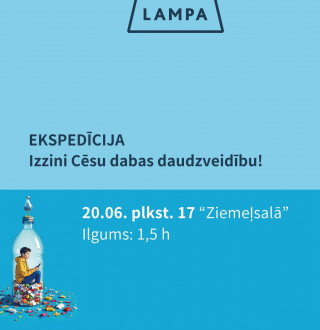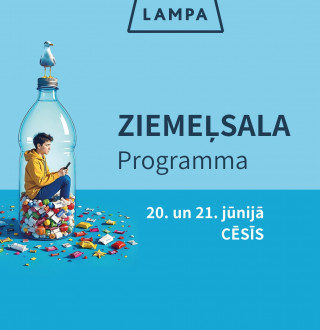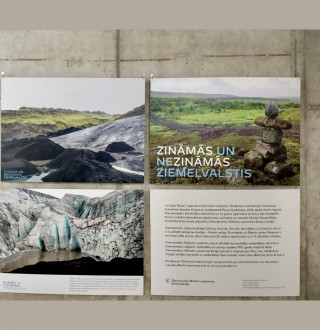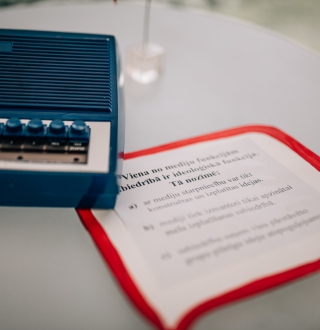Nordic-Baltic relations are good, official co-operation between the Nordic Council of Ministers and Estonia, Latvia, and Lithuania is successful, and there is potential for growth. These are the conclusions of an evaluation conducted by Oxford Research on behalf of the Nordic Council of Ministers.
The Nordic Council of Ministers has had offices in the three Baltic countries for more than 25 years. These offices are at the heart of Nordic-Baltic co-operation. The study shows that political governance of the focal points of Nordic-Baltic co-operation has been effective and flexible. Nordic-Baltic co-operation has adapted rapidly to the dynamic geopolitical situation in Europe and the Baltic Sea region. Joint projects are perceived as relevant and coincide well with the Baltic countries’ development objectives. One such recent project is the support provided to independent and inclusive Russian-language media in the Baltic countries.
On a more general level, Nordic-Baltic co-operation illustrates that the Nordic model and the Nordic Council of Ministers are highly valued in all three of the Baltic countries, which is reflected in completed social projects.
“Co-operation with the Baltic region is a win-win situation,” says Secretary-General Dagfinn Høybråten. “In the current geopolitical situation, it’s vital that relations with our neighbouring regions is based on trust and shared values.”
The Ministers for Nordic Co-operation discussed the evaluation of Nordic-Baltic co-operation at their meeting in Copenhagen on 5 September and concluded that the guidelines for Nordic-Baltic co-operation work and do not need to be revised. The next evaluation will take place in 2020.
Source: Norden.org











